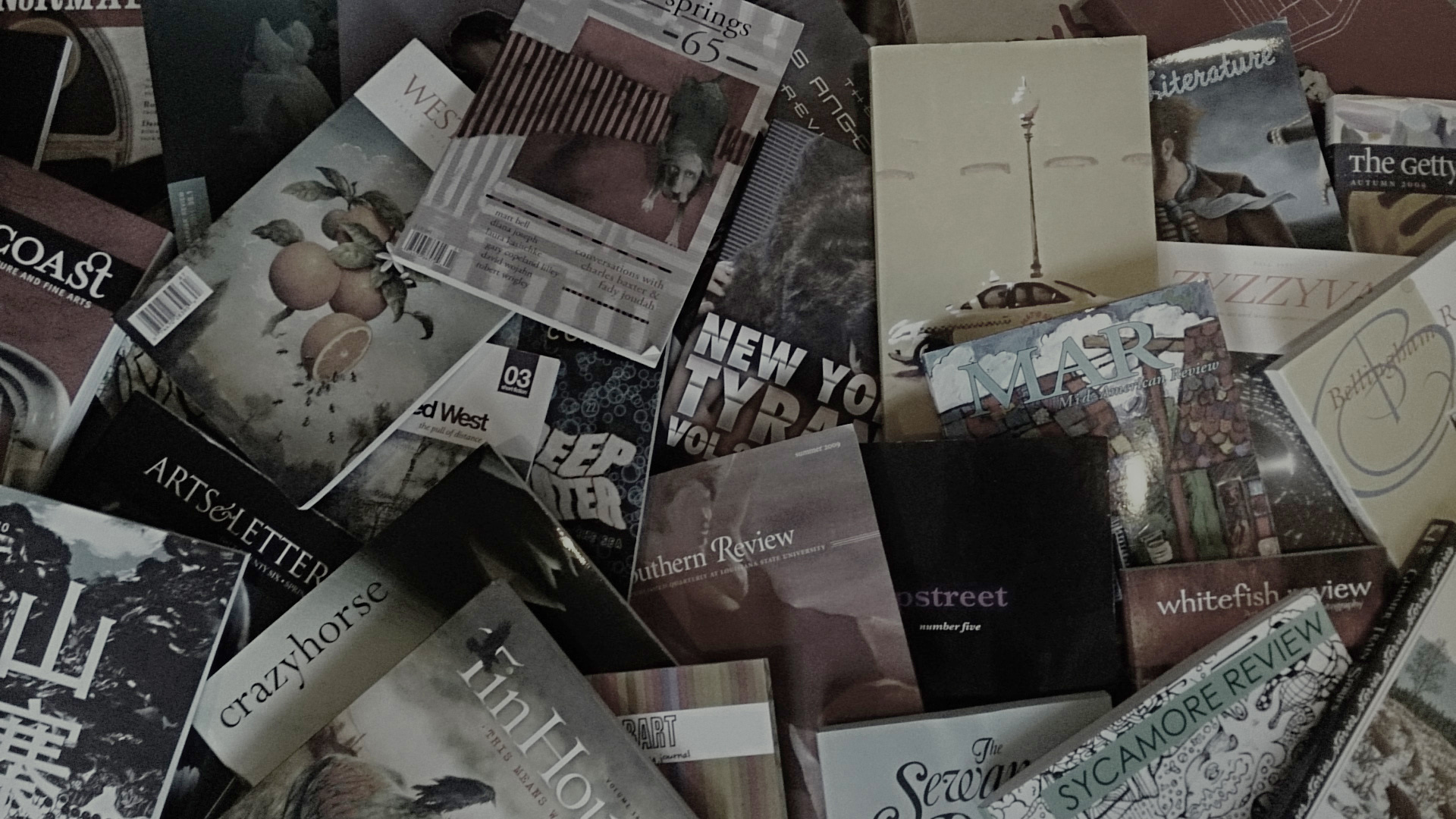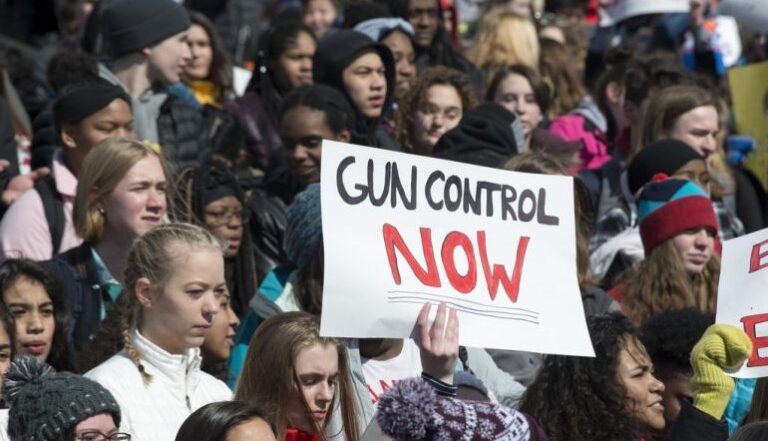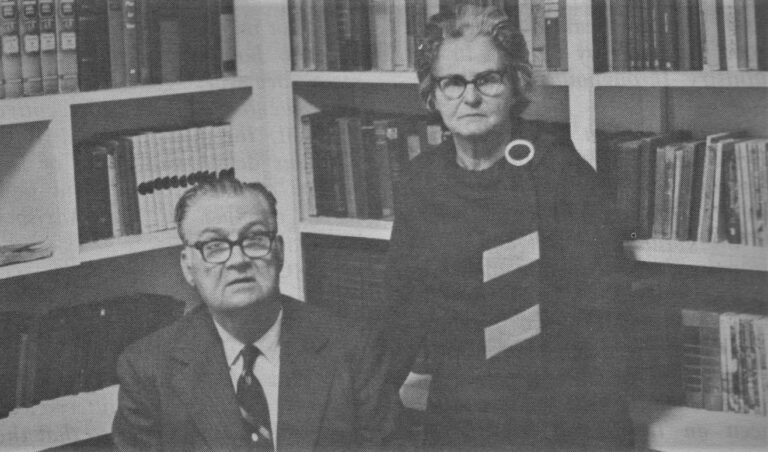The Best Short Story I Read in a Lit Mag This Week: “Fatherhood” by David Rutschman

How many words does it take to encapsulate a feeling? An experience? A story we looked at two weeks ago, “Love” by Clarice Lispector, spends just under 3,500 words exploring its title, where Jonathan Franzen’s Freedom takes well over 500 pages plumbing its own. While “Fatherhood” by David Rutschman (Waxwing) is a mere 174 words, the world of experience it evokes regarding its title feels far larger than its word count.
As you might expect, the story starts quickly, in the first two sentences providing context, rules, and the inciting incident.
I was teaching my son to throw stones into the water when he became a stone and I threw him in the water.
“My boy, my darling boy,” I called and I hurled myself after him and I became a stone and we tumbled down to the silent muddy bottom.
Two moves here from Rutschman intrigue me. The first is that it’s the father that throws the stone/boy after he teaches him to throw stones into the water. There’s an element of force there—not malice or aggression—that perhaps alludes to the limits of what can be taught. At some point, the reality must be experienced, and often it’s the parent that makes that initial choice on behalf of the child.
The second move is the father turning himself into a stone and following his son. He doesn’t stay onshore watching. In a way, it’s lovely; you could say that he becomes like him in order to stay by his side.
Rutschman continues the story in allegorical terms, as there at the bottom, the son and father explore the depths.
“Terrorists?” he asked.
“Yeah,” I said.
“And cancer?” he asked.
“Yeah,” I said.
“And the decline of turtle populations, and the skies filled with bombs?” he asked and I said, “Yeah, I know, I know, of course, but —”
“What will become of us?” he cried and I said, “We’ll be all right, I think,” and tried to explain something about courage and tenderness and human dignity, but he was not reassured.
Platitudes can’t solve human suffering. But they aren’t without their value—the father knows this, or else why would he use them? But this is a father speaking from the other side of experience. He knows better what can be controlled and what can’t. The son is focused on the danger outside of him while the father is speaking about the experience within.
The story comes to a climax with the son asking the father a—perhaps the—mythical question of fatherly love.
“Can you keep me safe?” he asked quietly, and I hesitated just a beat before I said, “Yes,” and by then he was already onto me—my sharp kid—and though I tried and tried, I could not reach out to him, being a stone.
The father’s instinctual lie in-and-of-itself is an attempt to keep his son safe, but the son realizes this, as soon all sons do. But notice that Rutschman doesn’t end the piece simply with the son’s realization of the father’s true nature—that of being a stone just like him. He ends with the father’s subsequent revelation of the same thing. His limitations as a stone.
Experience is a great teacher, but there are limits. The father and the son were struggling under the same delusion—years apart in experience, but so close in heart and mind. I’d like to think that that goes back to the father’s choice in the first paragraph to turn into a stone like his son and follow him into the depths. As an expecting father with a son due any day now, I’d like to hope that I’ll have the courage to suffer alongside him in the same way.


